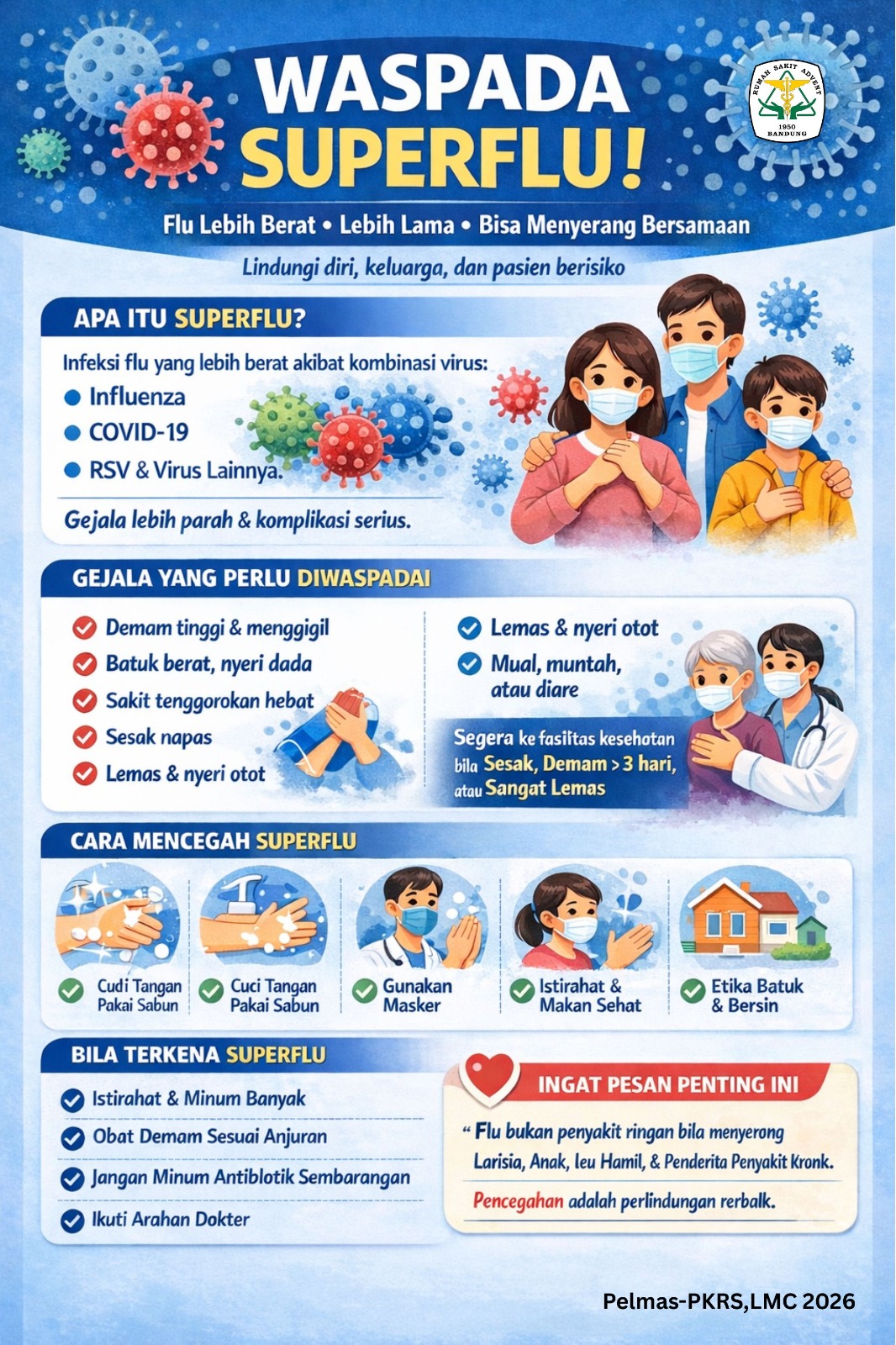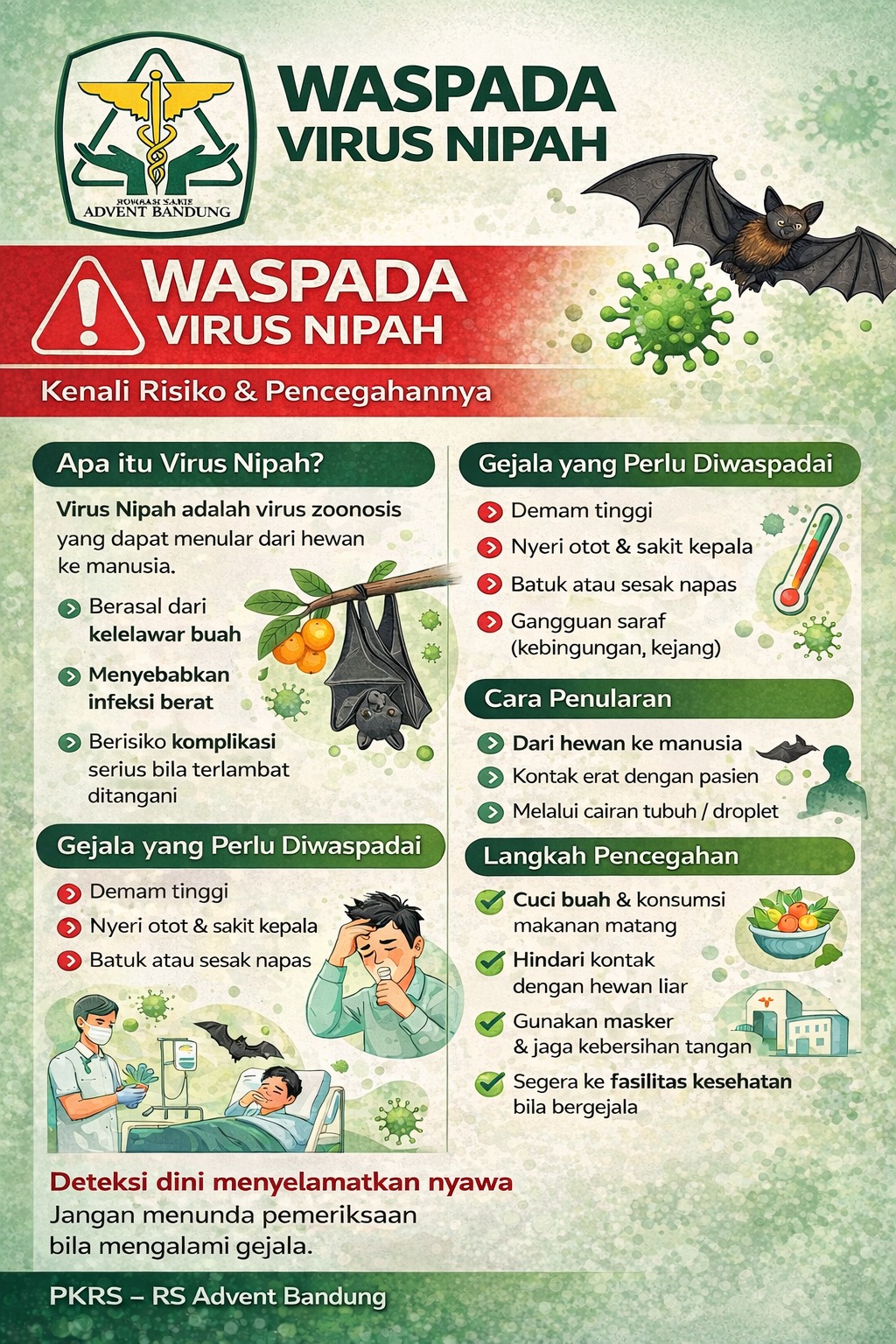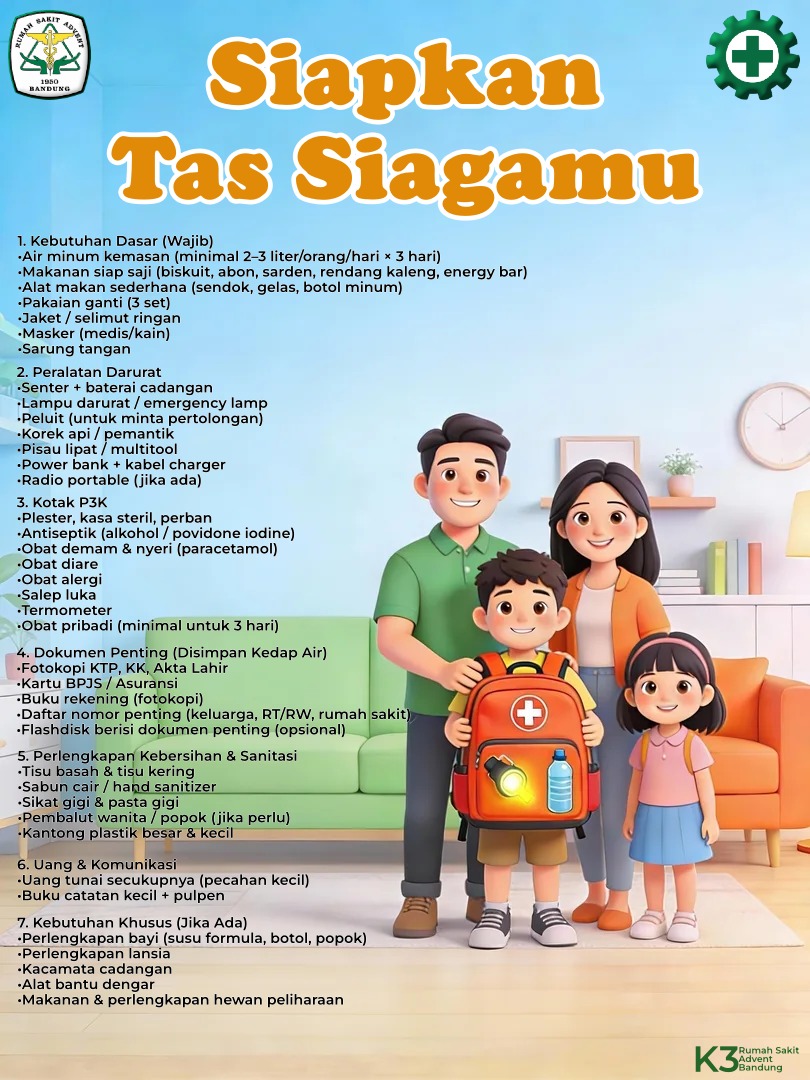ENFERMEDAD DE ALZHEIMER
Caring for people with Alzheimer's can sometimes be very difficult. However, there are ways to deal with the situation and can help you as a caregiver and family with Alzheimer's. Alzheimer's is the most common cause of dementia, which is characterized by memory loss, thinking, or behavioral symptoms that interfere with activities of daily living. What we need to understand together is ALZHEIMER IS NOT A NORMAL PART OF AGING, ALZHEIMER MUST BE TREATED. Alzheimer's disease, first described by the German neurologist Alois Alzheimer, is a physical disease that affects the brain. Over time the diseased protein plaques and convoluted fibers develop in the structure of the brain leading to the death of brain cells. People with Alzheimer's also have a deficiency of several important chemicals in their brain. These chemicals are involved with sending messages in the brain.
Alzheimer's is a progressive disease, gradually over time and causing more parts of the brain to be damaged. That's why the symptoms that appear to be more severe.
ALZHEIMER DEMENTIA STADIUM
LIGHT
Mild cognitive impairment when a person has difficulty remembering things or thinking clearly but the symptoms are not severe enough to point to a diagnosis of Alzheimer's disease. Recent research has shown that people with mild stages have an increased risk of developing Alzheimer's disease. However, progression from mild stage to Alzheimer's is low (about 10%-20% annually) and consequently a diagnosis of mild stage does not necessarily mean that the person will go on to progress to Alzheimer's.
CURRENTLY
There are leaps and bounds in remembering and thinking. begins to need help in daily activities, and personality changes may occur. At this stage, you will: can't remember your own address or phone number, or where you went to school, confused about the day and where they are, have trouble counting easy, such as counting subtraction 4 from 40, or counting 20, 18, 16, sleep patterns change a lot – for example sleeping through the day and becoming restless at night, changing personality and behavior, including being suspicious and having lots of fantasies (e.g. feeling that the nurse is cheating), or doing things over and over like tearing tissues.
HEAVY
At this stage, the patient loses the ability to interact with the environment appropriately, the ability to converse, and control movements although he can still say words or fragments of sentences. At this stage, the patient really needs help doing daily activities such as cleaning, eating and going to the bathroom. They may also lose the ability to smile, sit without support or support, and hold their head up. Their muscles stiffen and chewing becomes difficult. Keep in mind, it is difficult to pinpoint which stage a patient is in, because these symptoms often overlap.
A person with Alzheimer's will need the help of a caregiver to organize their day. Structured and enjoyable activities can often reduce anxiety and irritability, and improve mood. Daily activity plans allow you to spend less time figuring out what to do, and more time doing activities that are meaningful and provide fun. A person with Alzheimer's does not have to stop doing the activities he or she enjoys. Many activities can be modified according to ability. In addition to improving quality of life, activities can reduce behaviors such as wandering or restlessness and irritability.
Things to do:
1. Do activities that interest you and are adjusted to your abilities.
2. Pay special attention to what you like.
3. Consider whether you can start an activity without direction, such as preparing breakfast in the morning.
4. Pay attention to physical conditions, such as whether you get tired quickly after activities.
5. Focus on fun things.
6. Engage in daily activities, such as watering flowers.
7. Find a favorite activity, such as reading the newspaper.
8. Consider time for activities, such as taking a shower in the morning.
9. Adjust activities to the stage of the disease.
Good Communicate
People with Alzheimer's can gradually experience a decline in their ability to communicate. Not only do they have a harder time expressing their thoughts and emotions, they also have a harder time understanding other people, such as:
1. Difficulty finding the right words.
2. Using familiar words repeatedly.
3. Difficulty arranging words logically.
4. Rely on more movement when speaking.
There is no one parenting formula that fits all people with Alzheimer's Dementia. The importance of the commitment of caregivers and families to provide assistance and care so as to improve the quality of life for people with Alzheimer's. Let's treat them with love.
Reference:
1. https://alzi.or.id/alzheimer-demensia/
2. file:///E:/MATERI%20KONSULTASI/Tips%20Bagi%20Pengasuh%20dan%20Keluarga%20Penyandang%20Demensia%20Alzheimer.pdf
3. https://www.alzheimersresearchuk.org/omega-3-intake-in-midlife-reduced-dementia-risk/




